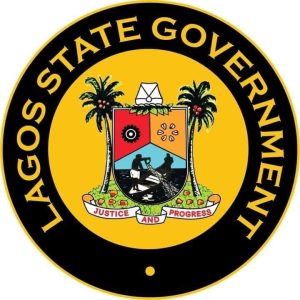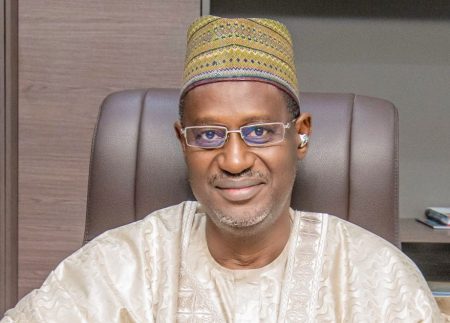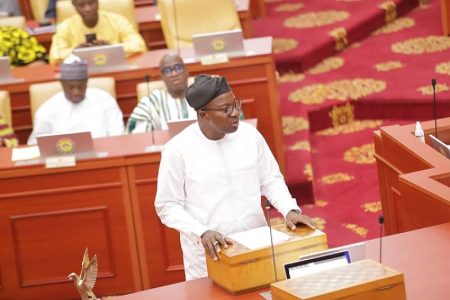The Ghanaian government, under the leadership of Energy Minister John Jinapor, has categorically denied reports alleging plans to sell the state-owned Electricity Company of Ghana (ECG). Minister Jinapor clarified that the government’s objective is not to relinquish ownership of ECG but to strategically engage the private sector to improve operational efficiency, reduce financial losses, and enhance the company’s overall financial sustainability. This private sector participation is envisioned as a collaborative effort, not a sale, aimed at bolstering ECG’s performance and contribution to Ghana’s energy landscape. The government’s stance stems from a recognized need to address inefficiencies within the energy sector that are impacting the nation’s financial stability.
The primary focus of this private sector involvement will be on bolstering ECG’s operational proficiency. This includes implementing strategies to minimize technical and non-technical losses that drain the company’s resources and hinder its ability to function optimally. Through improved management practices, technological upgrades, and knowledge transfer from private sector partners, ECG is expected to achieve higher levels of efficiency in power distribution, ultimately benefiting consumers through more reliable service and reduced costs. This increased efficiency will, in turn, generate more revenue, strengthening the company’s financial standing and contributing to the overall stability of Ghana’s energy sector.
A key aspect of the government’s strategy is to bolster ECG’s financial health, thereby reducing the burden on the national budget. Currently, significant portions of taxpayer money, which could be allocated to crucial development projects, are being diverted to settle debts owed to energy suppliers like the West African Gas Pipeline Company (WAPCo) and N-Gas. Minister Jinapor highlighted the financial strain this creates, emphasizing that funds earmarked for essential infrastructure projects like roads and hospitals are being used to cover these energy debts, hindering national development. The planned private sector engagement is thus positioned as a critical step towards alleviating this financial burden.
By attracting private sector expertise and capital, the government aims to transform ECG into a financially robust entity capable of meeting its obligations without relying on government bailouts. This will free up public funds for their intended purpose – development projects crucial for the advancement of the nation. This approach underscores the government’s commitment to fiscal responsibility and its recognition of the importance of prioritizing public spending on projects that directly benefit the citizenry.
This move towards private sector participation comes at a time when Ghana’s energy sector is facing significant challenges. The sector is grappling with substantial debts and concerns about its long-term financial viability. The government recognizes the urgent need for reforms to ensure the sector’s sustainability without jeopardizing the public interest. The strategic engagement of the private sector is being presented as a balanced approach that leverages private sector expertise and resources while maintaining state control over this vital public utility.
In essence, the government’s objective is to create a win-win scenario: enhancing ECG’s performance, reducing financial losses, improving service reliability, and strengthening the overall energy sector, all while safeguarding the public interest. This strategy signifies a departure from the outright privatization that has been rumored, instead prioritizing a collaborative approach that aims to optimize ECG’s operations and contribute to Ghana’s economic growth and development. This approach underscores the government’s commitment to fiscal responsibility and its focus on leveraging private sector expertise to address pressing challenges within the energy sector while ensuring its long-term sustainability.














